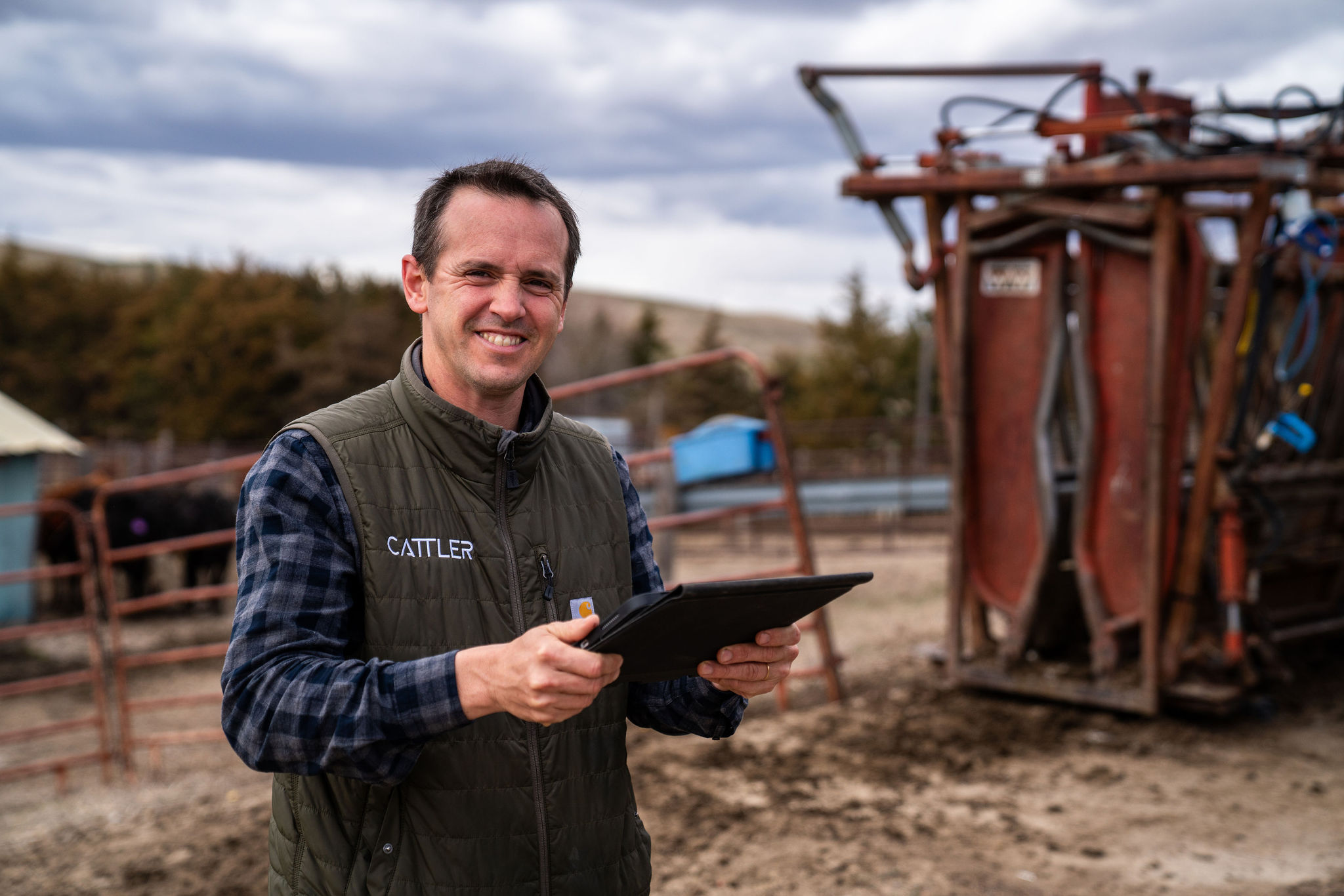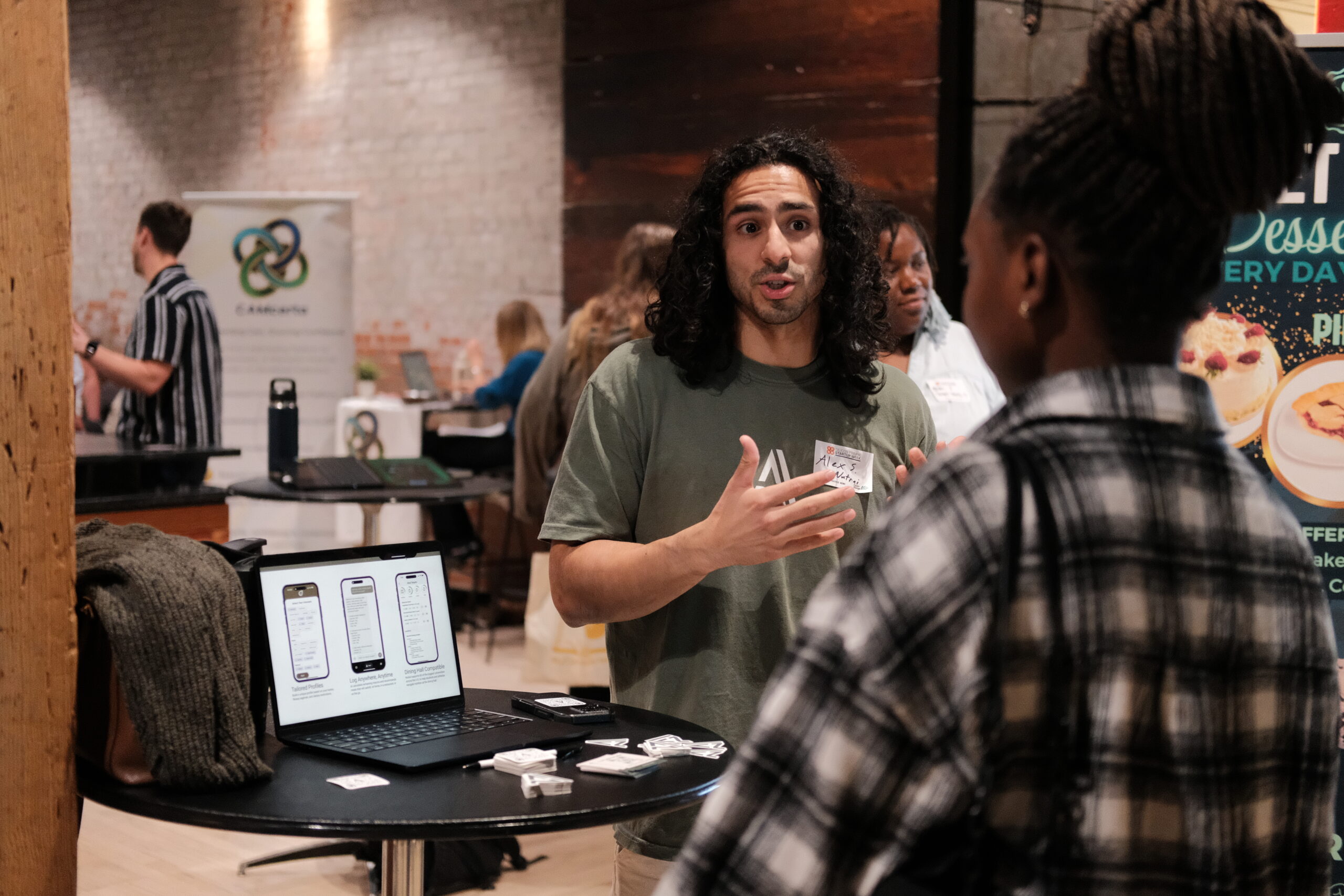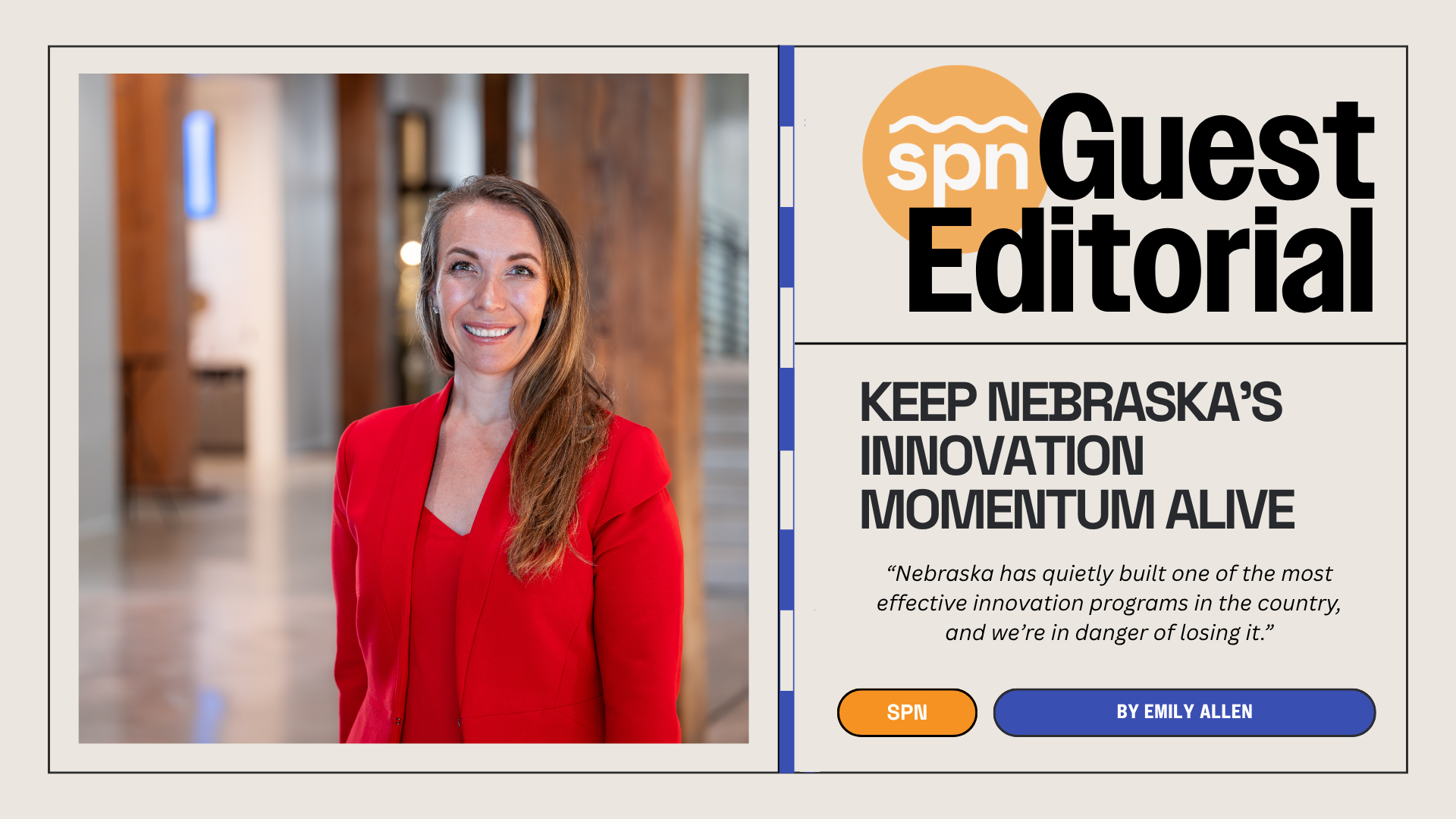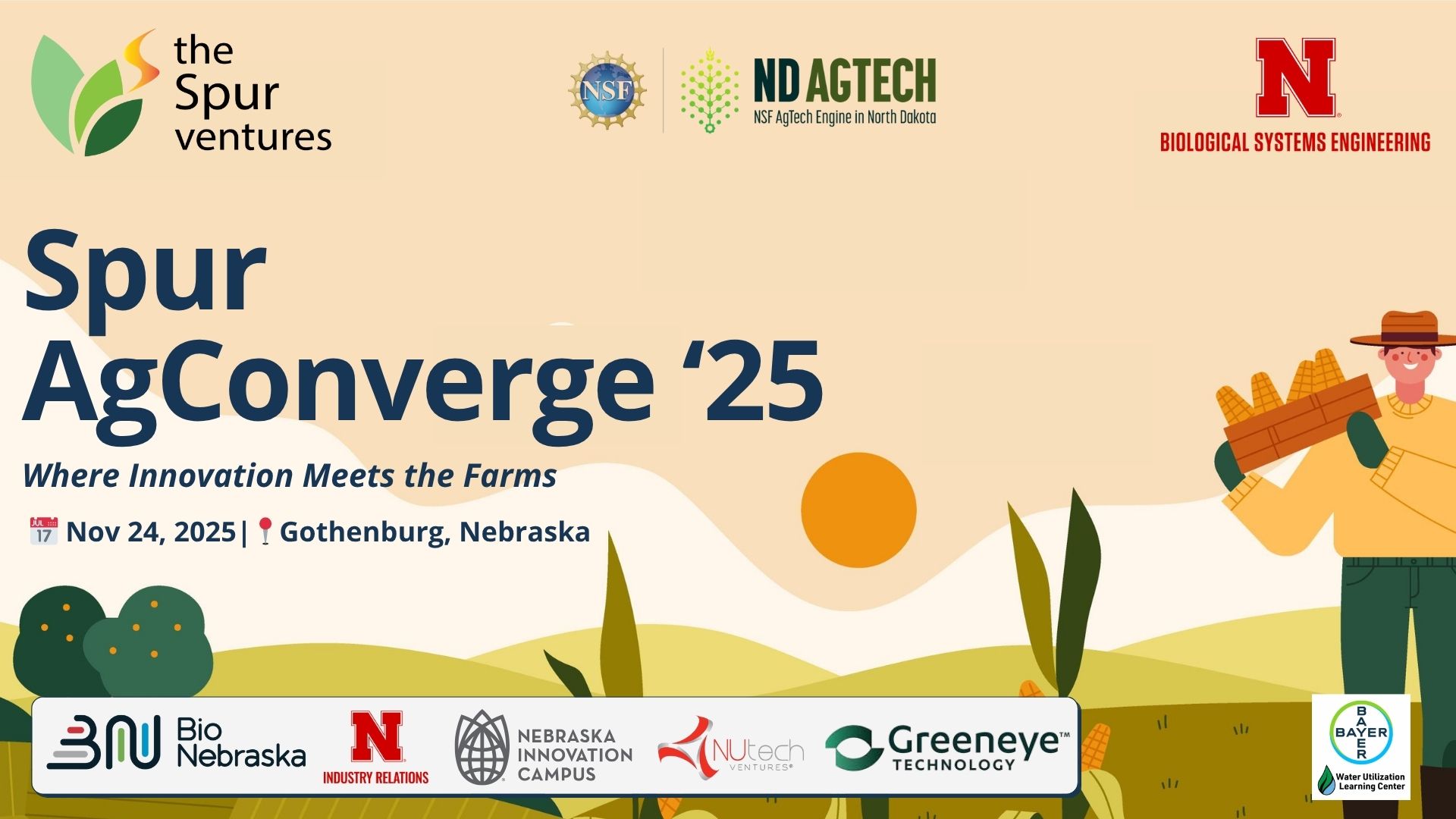Increasing the number of new startups in Nebraska is one way to spur economic development in the state. New companies mean new innovations, new ideas and new career paths to attract and retain talent. Appealing to founders from outside Nebraska to locate their operations here has the potential to accelerate growth and impact.
Leaders in Nebraska’s entrepreneurial ecosystem, from university heads to investors, tout the economic gains that result from encouraging startups with origins abroad to build domestically within the state.
University of Nebraska (NU) President Dr. Jeffrey Gold said new companies add new jobs to the market. He continued that these businesses bring in talent, but they can also tap into existing workforce and talent pools fostered through the university system.
Grit Road Partners Managing Partner Mike Jung said it’s worthwhile for domestic companies to look at global innovations. He said entrepreneurs outside the Midwest are finding solutions to problems similarly impacting Midwestern farmers.
“We want to leverage and take advantage of this agricultural infrastructure and ecosystem that we inherently have here in Nebraska to attract these AgTech entrepreneurs [and] AgTech companies…to come here, establish roots, bring in talent, hire our talent and grow their businesses,” Jung said.
Invest Nebraska CEO Dan Hoffman said core industries in the state, like health and agriculture, are beacons for companies looking for expert partners, skilled employees and potential customers. Still, he said Nebraska is “small in the eyes of the world”, so the state needs to incorporate global views and the latest industry trends in order to stay relevant.
For instance, Hoffman said the state’s recent investments in robotics highlight the importance of local talent adapting to economic trends and fostering necessary skills to stand out among competing regions.
“Do we want to be the ones to develop [robotic] solutions here in Nebraska?” Hoffman asked. “Because otherwise, we’re just going to be adopting somebody else’s solutions that have been developed in another state or another country.”
“We develop our human capital further if we’re understanding worldwide perspectives,” Hoffman added.
What Nebraska has to offer
Jung said the presence of large agribusinesses, as well as institutional, multi-generational producers, dealers and distributors position Nebraska a heavy hitter in the agriculture industry. Beyond examples like Behlen Manufacturing and Scoular, he highlighted Nebraska’s prominence in beef production, crop row production and center pivot irrigation.
Hoffman said additional opportunities exist related to established research institutions and companies in the state. He mentioned HealthTech opportunities with Creighton University, UNMC and Boys Town; ConstructionTech with Kiewit, HDR and DLR Group; and SportsTech with Hudl and OpenDorse.
“With Nebraska being in the center of the country, a lot of the entrepreneurs will think about the coast because that’s what they’re going to be familiar with when they enter the United States,” said Hoffman.
“But when you come to Nebraska, you have a lot of benefits. Whether it’s the school system, the university system, the business climate, the cost of doing business — there’s just a lot of benefits,” Hoffman said.
These types of opportunities are what attracted startups Cattler and Teucer Biotech to Nebraska, from the West Coast and East Coast respectively.
Finding a support network in Nebraska
Cattler is developing a software platform for the cattle industry. The tool, available on mobile and desktop, serves as a comprehensive solution to streamline cattle farm operations. The company’s team is originally from Argentina. Earlier this year, Cattler relocated from California to The Combine in Lincoln.
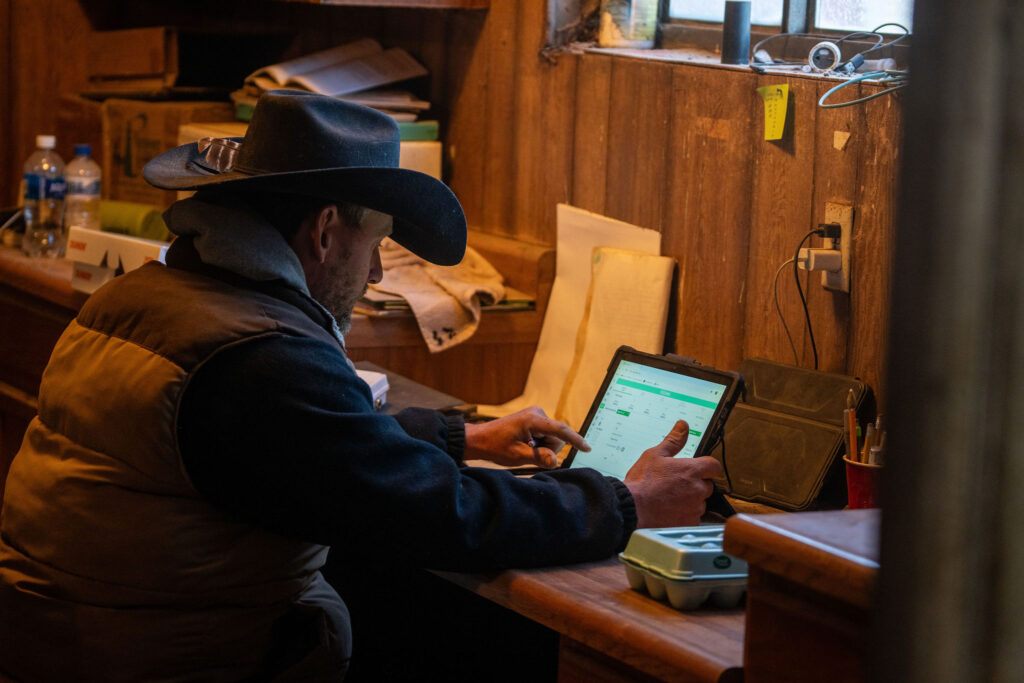
Cattler Co-founder and CEO Ignacio Albornoz said he initially moved to California because of his wife’s job, and he planned to tap into Silicon Valley investors. However, Albornoz said the West Coast investors he encountered lacked cattle industry experience and appeared more interested in the rise of alternative proteins and avoiding perceived sources of pollution. He and his team decided to shift focus to the Midwest where they had existing customers.
Debating between Colorado and Nebraska, Albornoz said their mission seemed to resonate with Nebraska investors. Furthermore, ecosystem ambassadors highlighted local startups, industry leaders and economic support networks in Nebraska. Albornoz said Cattler plans to recruit local talent via the Engler Agribusiness Entrepreneurship Program at the University of Nebraska-Lincoln (UNL).
“Everything is about relationships,” said Albornoz. “It feels like more of a smaller community, and you’re always one to two steps from getting to the people that you need.”
Teucer is a startup originating from research conducted at the American University of Beirut (AUB) in Lebanon. The study led to a patented test for predicting vascular disease early, which can be a warning for heart attacks and strokes.
Teucer Co-founder and President Dr. Kamal Badr, said they started out in Florida at the University of Miami to be close to a principal researcher doing postdoctoral work in the state. Badr said the team moved operations to Nebraska after conversations with NU President Gold during their time serving together on the board for the Accreditation Council Graduate Medical Education (ACGME).
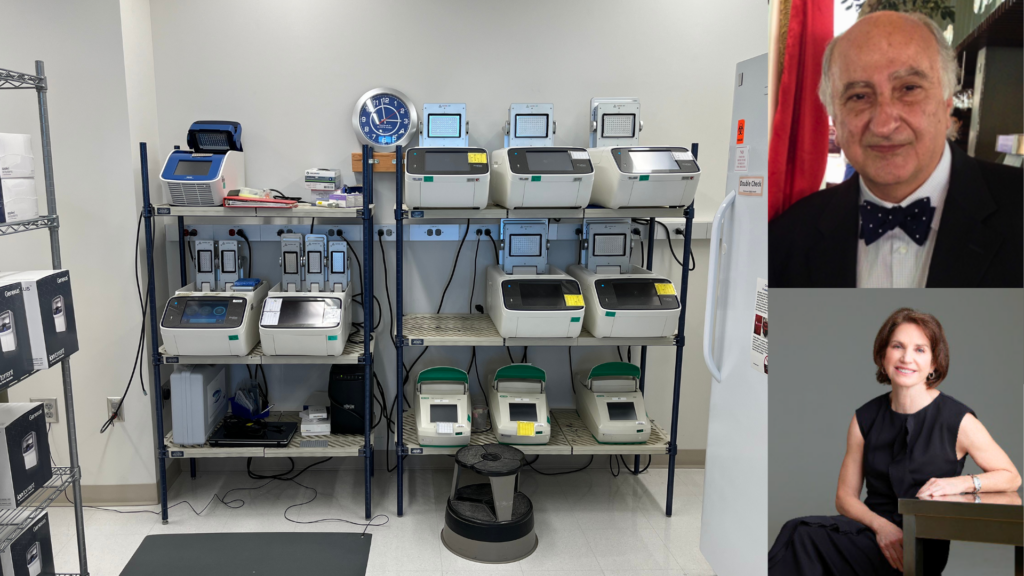
“Nebraska was not originally on our map, but now it has become [where] we’re going to move the company,” said Badr.
In need of a place to conduct validation studies for the FDA approval process, Badr said he listened to Gold’s suggestion of UNMC. Gold also helped Badr network within the state. Badr said Teucer is now headquartered at CQuence Health in Omaha and recently hired Connie Ryan, former president of Strek, as the startup’s CEO.
Badr said the company is exploring funding options through the state, such as the Small Business Innovation Research/Small Business Tech Transfer (SBIR/STTR) Matching Grants as they pursue FDA approval. He added that conversations between university leaders at both institutions could result in future collaborations on entrepreneurial efforts between UNMC and AUB.
Weighing the options
Albornoz of Cattler shared some of the considerations companies — both domestically and abroad — take into account when moving. These included navigating paperwork, visas and state funding programs to figuring out the best methods for achieving efficiency with cultural factors like language proficiency. For example, Albornoz said Cattler’s dev team is still based in Argentina because it’s quicker for them to develop in Spanish, their first language, than English.
Founders and startup advocates alike recognize the role personal relationships play in this decision-making process.
“This business is all done by developing relationships,” said Hoffman. “We have to be present. Whether it’s trade shows in other countries, or whether it’s leading trade delegations to those countries or welcoming their trade delegations to Nebraska.”
By directly forming these more personal relationships, Hoffman said the state can cut through the potential “noise” surrounding government policies and foreign relations at a higher level to emphasize collaboration and opportunities at a local level.
Gold agreed with the importance of one-on-one conversations. He said his talks with the Teucer founder began over coffee.
“All of us need to wear the hat of an ambassador,” said Gold.
